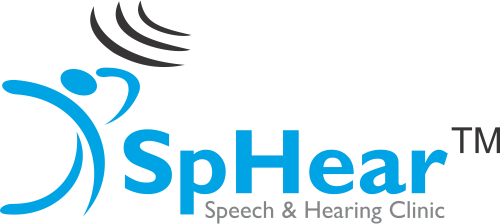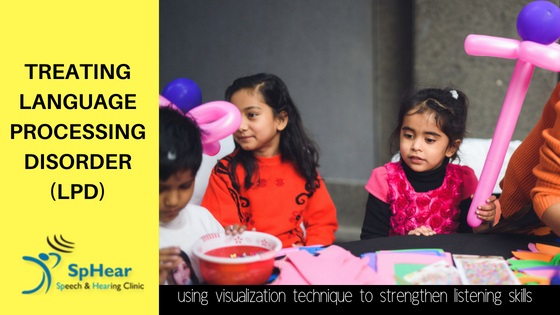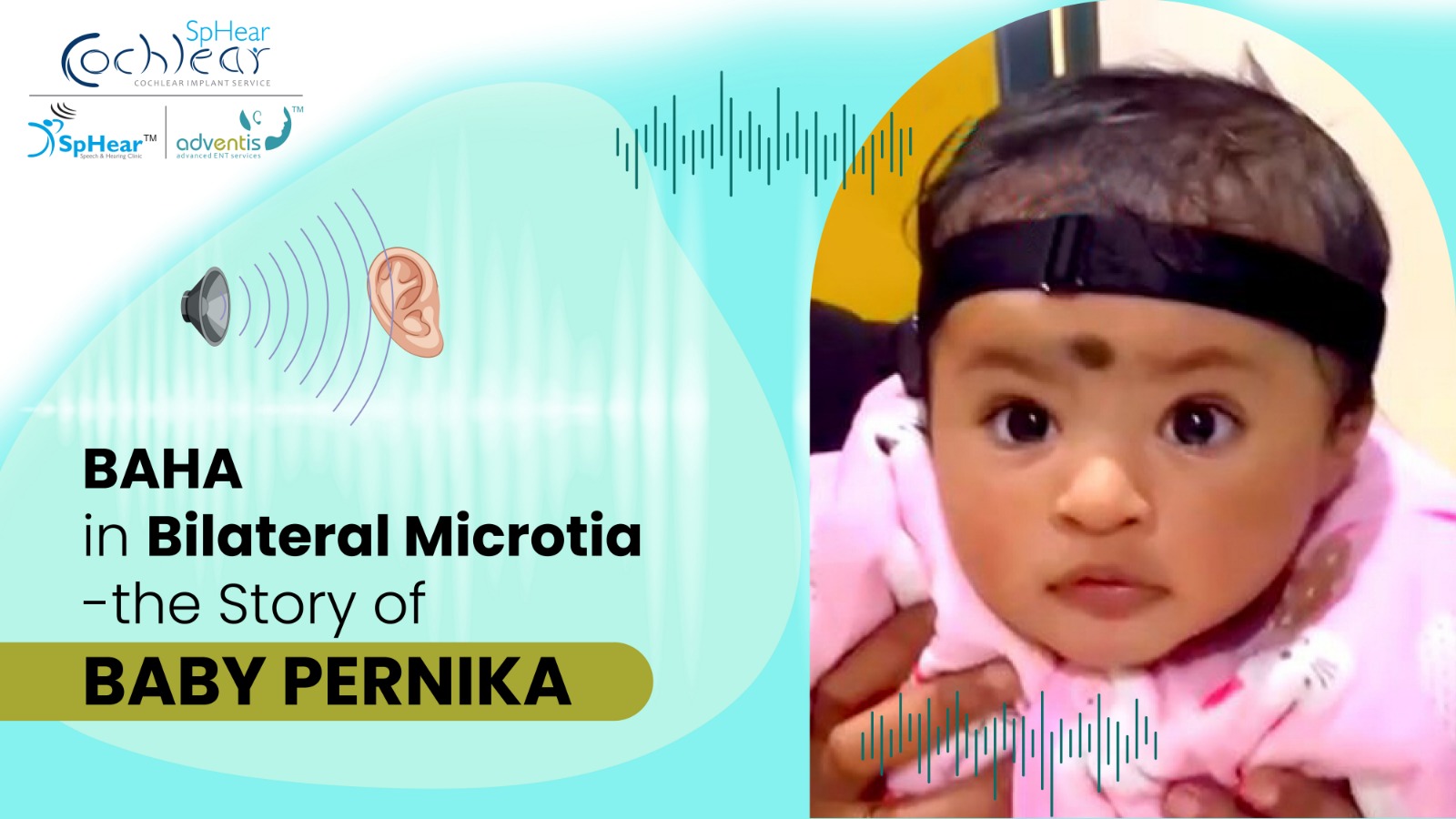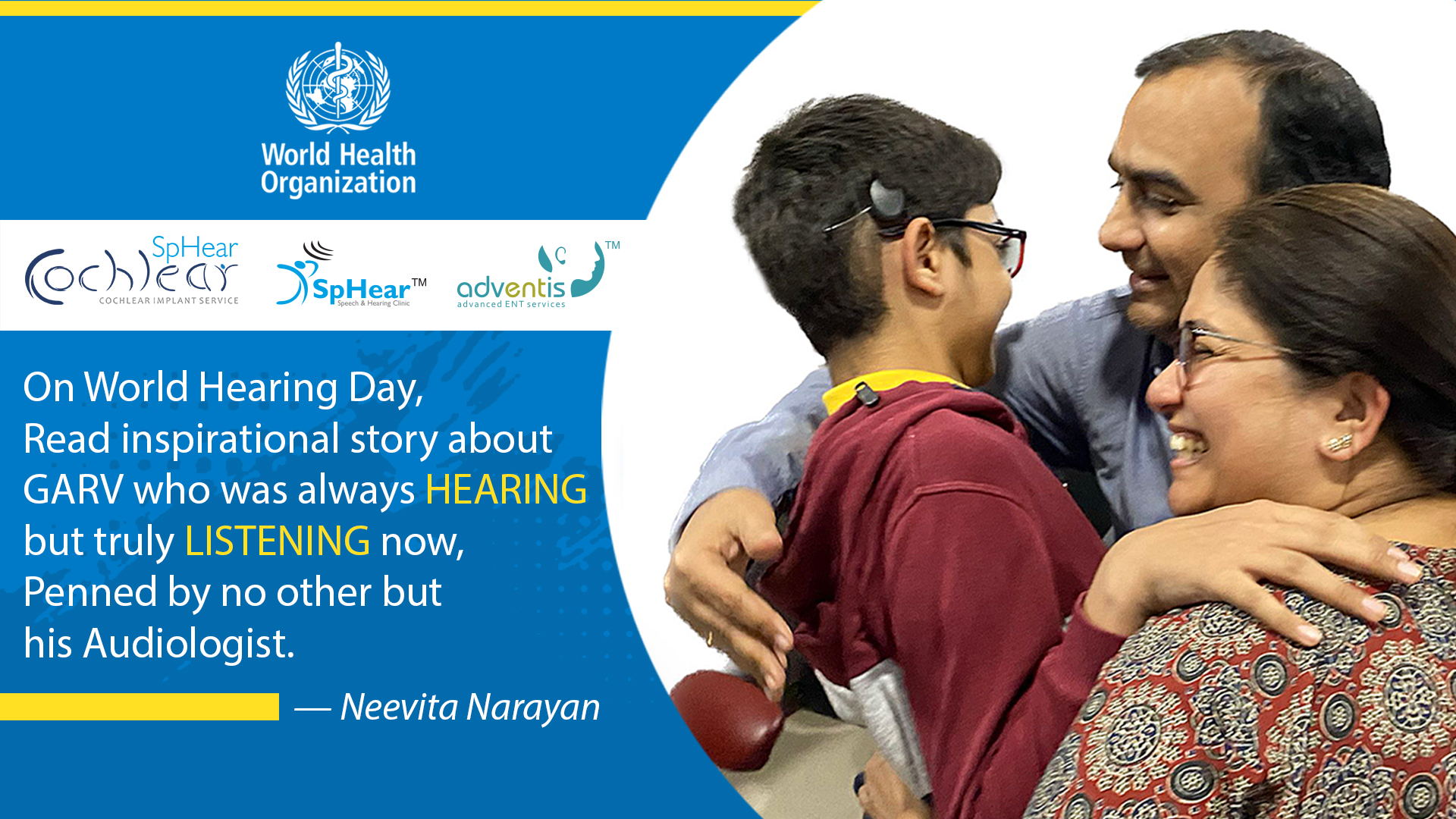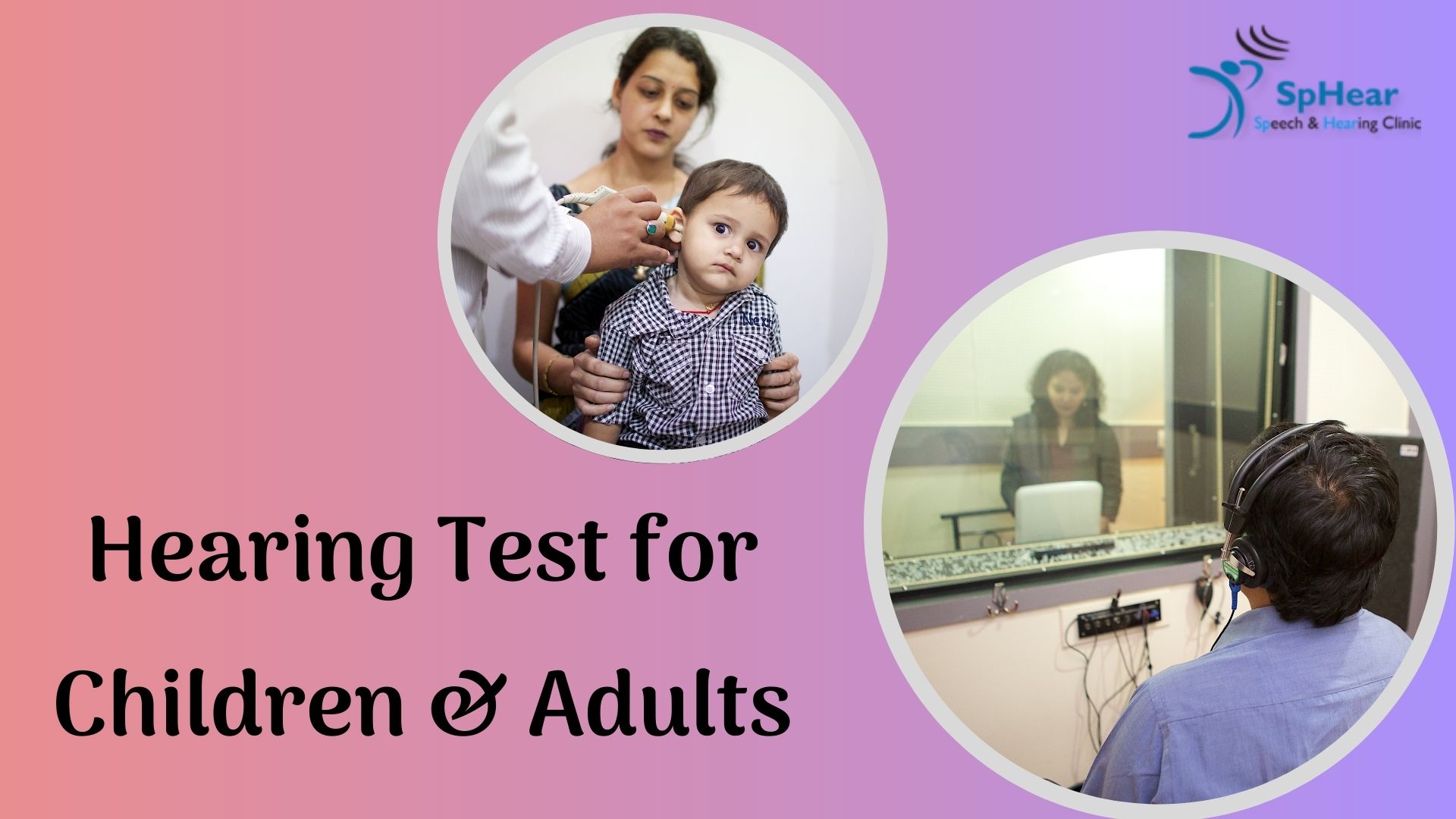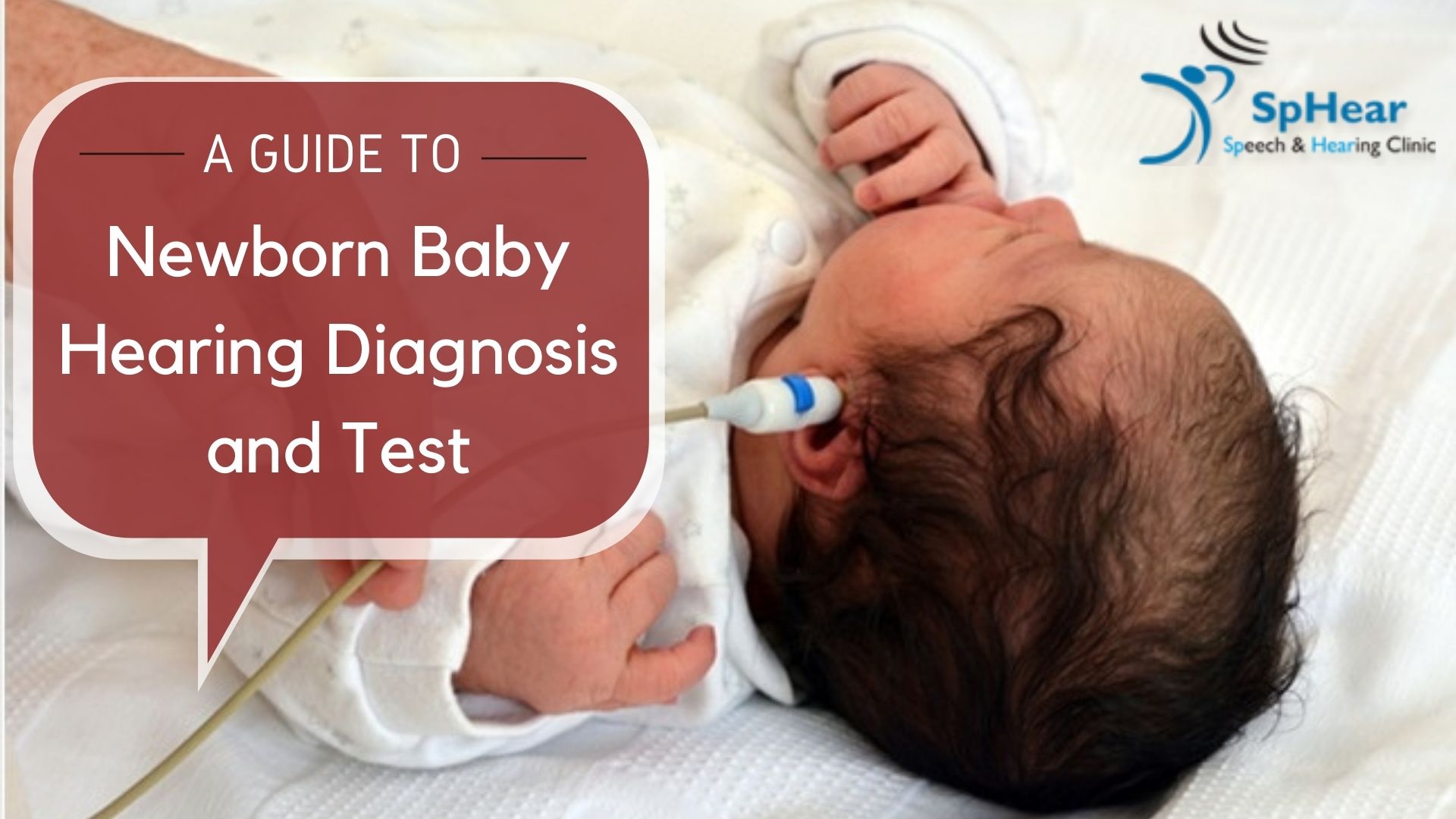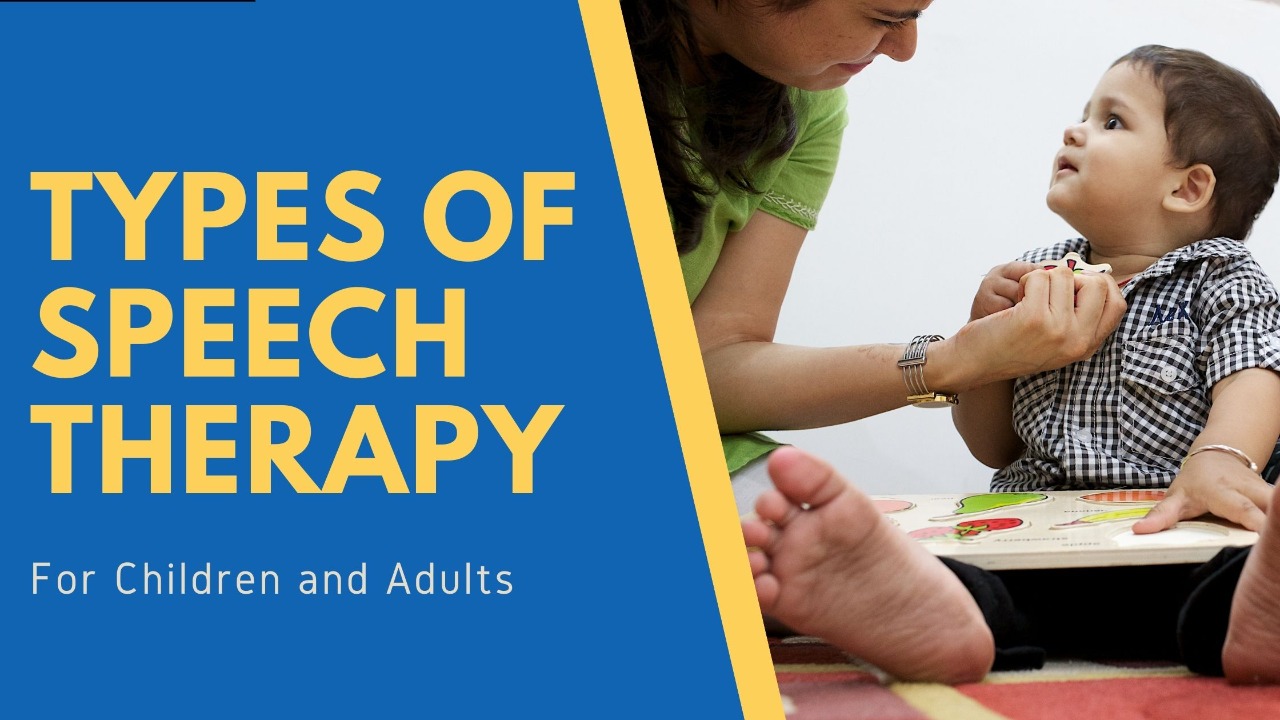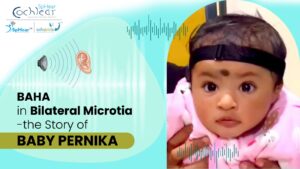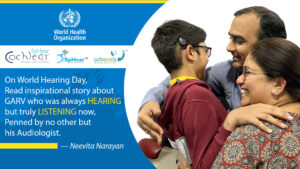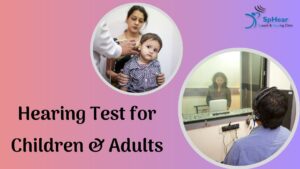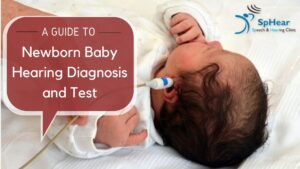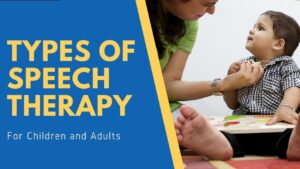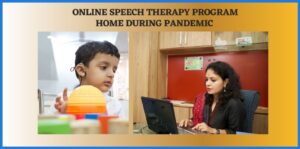If you’re concerned about your child’s language disorder, you’re not alone. These are surprisingly common childhood conditions. And there are many ways to treat them. The first step towards helping your child with a language disorder is through acquiring knowledge. Language processing is a specific form of Auditory Processing Disorder (APD) that is responsible for affecting sound interpretation coming into the brain.
Keep reading to know more facts about language disorders and suggestions for how you can help your child.
Types of Language Processing Disorders
Language Processing Disorder (LPD) is classified into two different types: expressive and receptive. Both of these disorders affect a person’s ability to understand what others are saying or translate the simplest thought into their own words. People with expressive LPD find it challenging to express their thoughts whereas people with receptive LPD have difficulty following a conversation as they are not able to understand what others are saying. It’s also viable that the same person can suffer from both conditions.
The disorders related to language are most often developmental, like learning disabilities. Furthermore, they can be a result of a traumatic event or neurological illness which affects the brain (like stroke or brain injury). When LPD is caused due to specific brain damage, it’s referred to as Aphasia.
Symptoms of Language Processing Disorders
The language processing disorder symptoms can vary from person to person, this condition usually follows general and development problems. For beginners, in newborn babies with a language disorder, can be late talker, with other symptoms usually appearing before the age of 4 years.
Detecting symptoms of the language disorder can be very difficult to diagnose. The person may just appear shy. You may look for the following symptoms that help you identify language disorder:
- Show difficulty in spoken language
- Demonstrates poor reading comprehension
- Exhibits poor written output
- Having difficulty in labeling items
- Feels complex in expressing verbal thoughts
- Having a feeling of sadness
- Maybe depressed
Types of Skills Affected by LPD
Here are a few examples of how language processing difficulties can affect children in a number of ways:
- Social Skills: To build effective relationships, understanding what others say and (expressive language disorders) expressing yourself through speech is very crucial. The children who struggle to communicate clearly, strive to make friends and socialize. They become shy or distant and may prefer to be alone.
- Academic: There are many researchers on process language who suggest that kids with any type of language disorder have reading issues. Some children also get affected by writing because of their poor grasp of grammar and limited vocabulary.
Treatment for LPD
The treatment for language disorder depends on the child’s individual needs that include therapy. The therapy may include:
- Improving listening skills
- Assistive listening devices and computer programs for improving skill processing
- Practice story mapping
- Using visualization techniques to strengthen listening skills
- Working on ways to be a successful learner at school
At Sphear Speech and Hearing Clinic, a team includes a speech and language audiologist to help improve your child with LPD. Consult our audiologist today.
Also read about: Speech Therapy Noida
